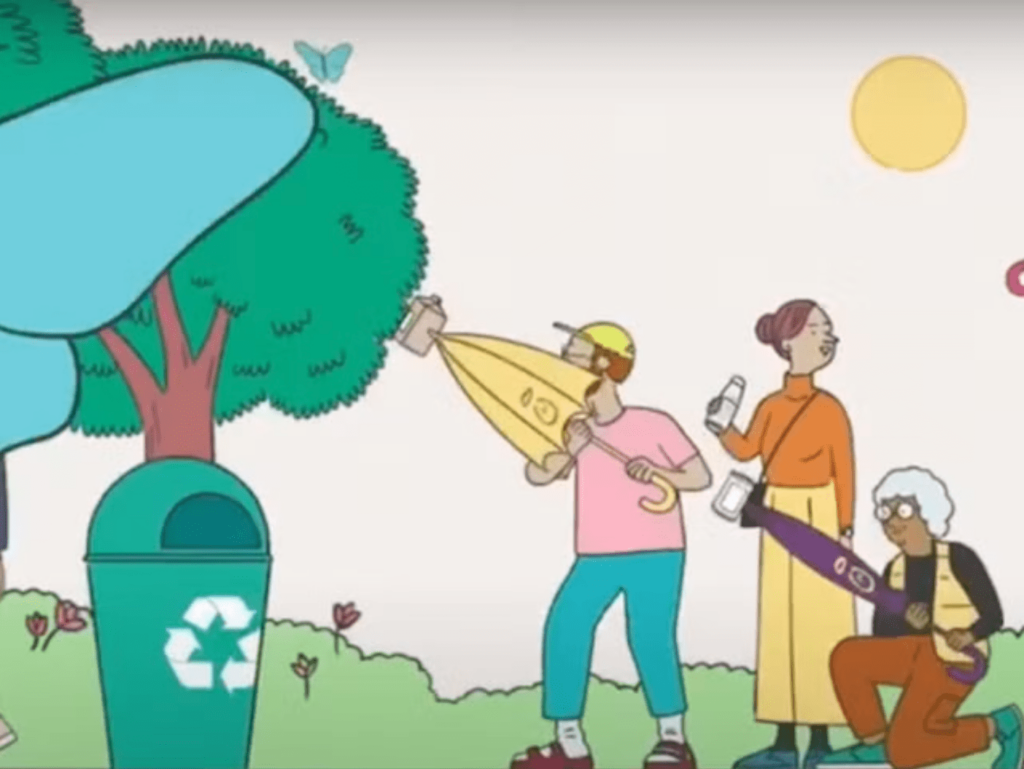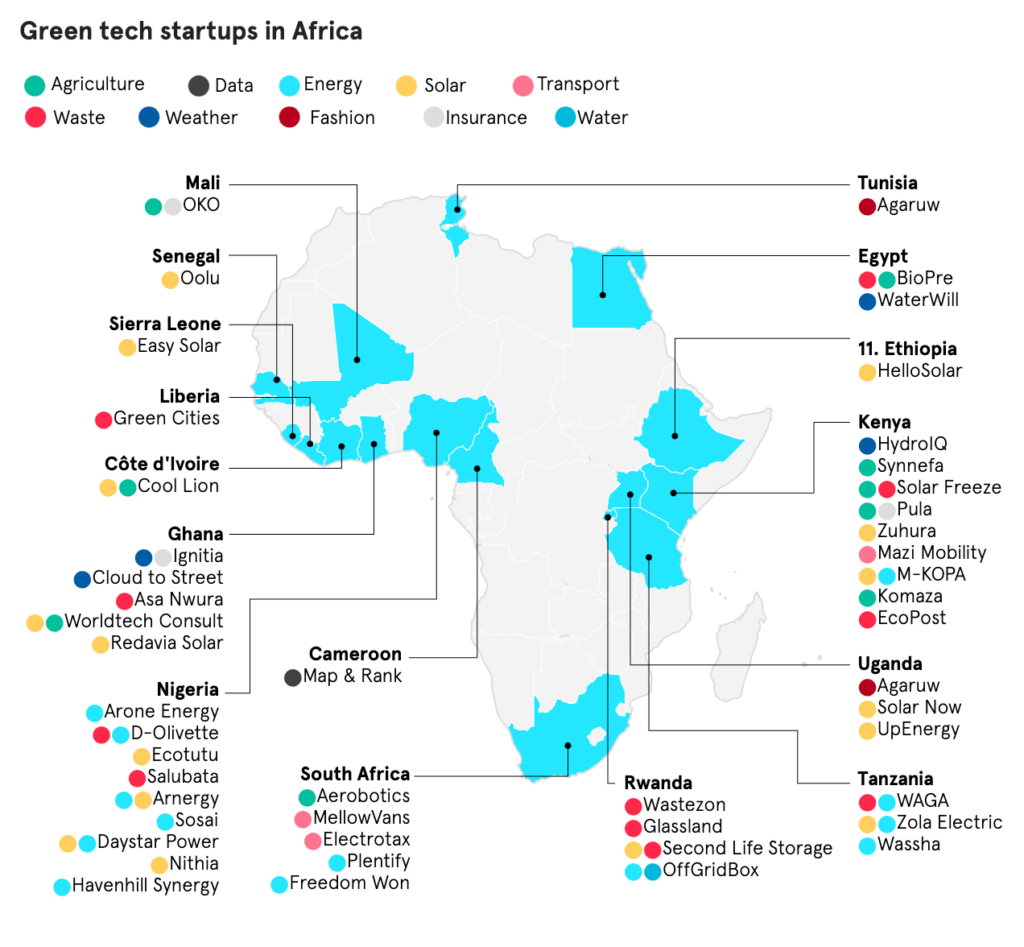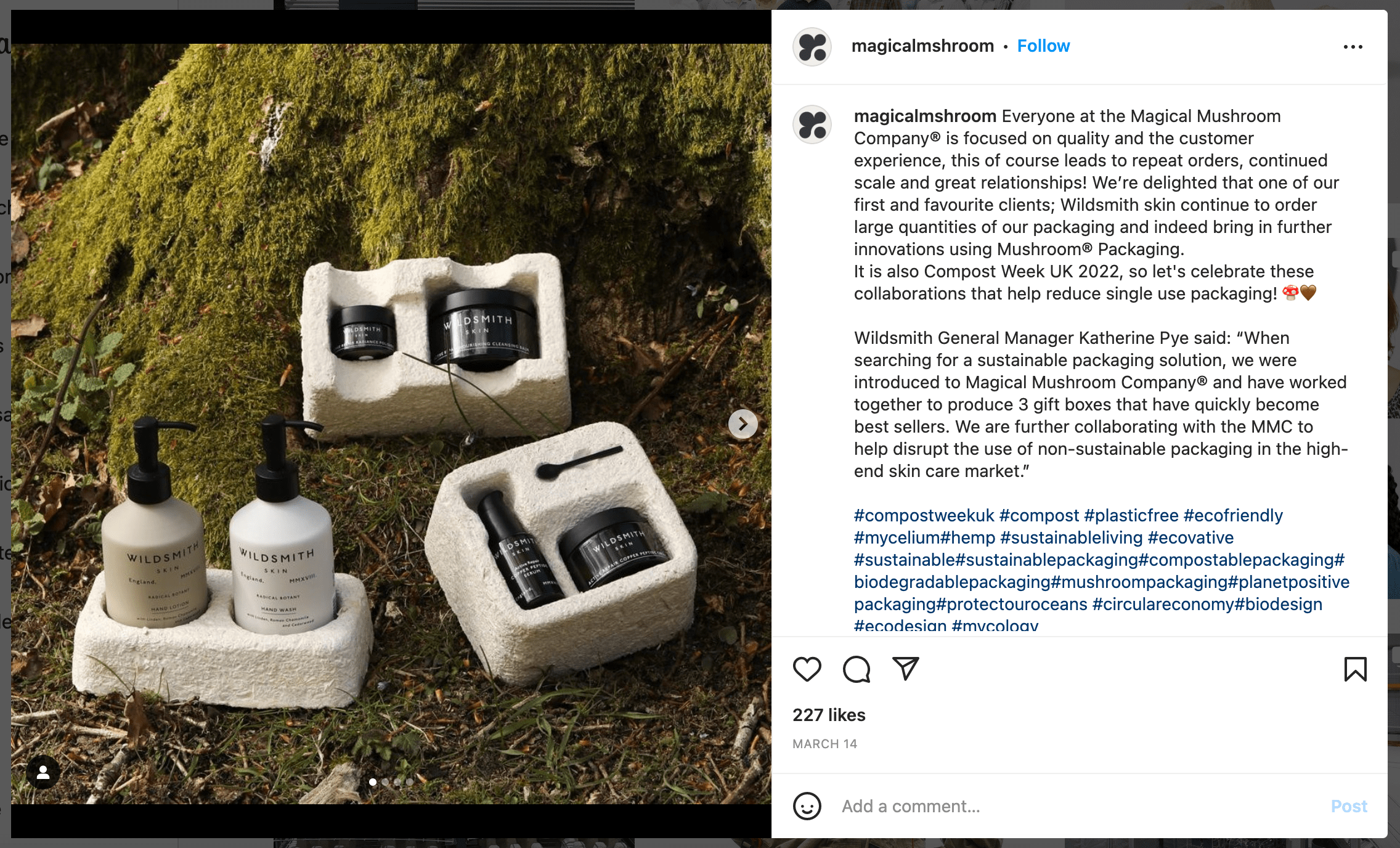There’s an unpredictable year ahead and my futuristic thinking can only pierce so far into the haze. Nevertheless, Here are a few of my predictions for trends that will shape sustainability in 2023. If you’ve had any better visions, let us know in the comments.
Let’s go…
Affordable sustainability
One theme that trundled through 2022 was inflation. In some countries like Estonia, inflation has risen over 20%. And the rising cost of living that’s conjoined with surging prices is an awkward challenge to sustainability. If people were struggling to buy sustainable products then they’re turning away now.
As they do, sustainable brands must find ways to make their products more affordable. Expect to see more brands taking steps to lower prices, helped by new tech. For example, sustainable fashion companies could switch to leaner D2C models to keep down costs. Some may even use new tech like AI to predict trends and lower waste.
And with it all, expect to see more brands marketing themselves as affordable. Or, being clearer about why their pricing is worth it.
Anyway, it’s fair to say that sustainability shouldn’t be cliquey. So any switch to make the whole thing more accessible gets a high five from me.
Brand to look out for: Yes Friends is one of the top rated affordable brands on Good on You. They somehow make sustainable fashion at Primark-y prices.
Stricter laws against greenwashing
We’re living through the golden age of greenwash. But we may have reached the apex of pretence. Punitive laws against greenwashing are coming, after clumsy missteps by major brands in 2022.

Some of those laws are imminent, like France’s Climate and Resilience law. Others are more distant, like Switzerland’s attempts to outlaw greenwashing in financial services. In any case, 2023 will bring stricter laws and with them fewer brands will risk putting a ridiculous disguise on.
Instead, we should see more brands displaying respected certifications to prove their credentials – and even more transparency on products, such as carbon footprint labelling. But circling back, some of these systems may come under attack for greenwashing themselves, just like the flawed Higg Index did in 2022.
Brand to look out for: ethy mixes this article’s first two points by making sustainability certifications more affordable to UK brands.
New words – and rising reservations about ‘sustainability’
Related to the last point, in 2023 the term ‘sustainable’ may start to be shoved out by other terms that aren’t as loaded. Take the Nordics, where the term ‘sustainable fashion’ is already a little stale. In its place, other terms like ‘responsible fashion’ are finding favour.
There’s even this new term ‘greenhushing’, which describes when brands go too quiet about their green credentials. This is for fear of being called out and the stricter laws I’ve just mentioned. It could become a cause for concern, like greenwashing.
There’ll be other new phrases. In 2023 we should start to see the beginnings of linguistic change. Who knows what the spiel will be like in five years. For now, though, the word sustainable is still going to be used and searched for, which is good news for our domain name.
Word to listen out for: while the atmosphere may be a bit greenhushed, keep your ears peeled for more carbon negative claims, as carbon neutral starts to sound merely adequate. Scope 1, 2, and 3 emissions should be discussed more often too.
Textile recycling to start getting good
Did you know that only around 1% of textile waste is recycled? This is a pitiful percentage against other materials like aluminium at 80%, paper at 68% and glass at 21%. One of the reasons why the rate’s so low is that the technologies aren’t available to recycle textiles yet. Especially textiles of mixed patterns and fabrics.
That should start to change in 2023, as fancy new technologies to improve the feasibility of textile recycling pop-up. This means a blend of high-quality textiles from thrown-away fabric, and those making the process less tricky.
Brand to look out for: Sortile is a startup from New York that improves textile sorting infrastructure with AI, data analytics and NIR spectroscopy.
Urgent green startups in Africa
Africa is unfairly impacted by climate change, with 2022 seeing the worst drought on record in the horn of Africa, which deepens still. So it’s not so surprising that people are starting companies to fight for a better future. African economies are also some of the youngest and fastest growing in the world and the continent’s predicted to avoid a major economic downturn next year. It’s a mix that should see more startups into the light.
Just like Scandinavia is a hub for sustainability in Europe, there are a few hotspots for startups in Africa. Rwanda is one, as is Kenya. This map from Raconteur shows where some of the continent’s most exciting green startups are based – and what kind of solutions they’re working on.

Brand to look out for: Nairobi’s Mazi Mobility has launched an accessible fleet of electric tuktuks and eBikes to accelerate Kenya’s transition to clean mobility.
More pressure on plastic packaging
Plastic is pretty awful stuff. Yet, there’s still an awful lot of it about. So much so that it’s said there could be more plastic in the sea than fish by 2050. As a scuba diver, this is extra-ugly news.
Still, I don’t think that bleak dystopian scenario will occur because there’s now a mass of companies making alternatives to plastic. From all sorts of stuff. Mushrooms, wood, seaweed. You name it, they’re making packaging out of it somehow. You’ll likely notice more of the ingenious esoterica on shelves in 2023.
Yet, the attractive thing about repellent plastic is that it’s cheap. The earlier point about affordable sustainability stands for B2B as well as B2C. Alternatives to plastic will need to be affordable to transform the popular end of the product spectrum, as well as the premium.
Brand to look out for: the Magical Mushroom Company makes a polystyrene alternative from the root system of mushrooms: mycelium. It biodegrades in 45 days compared to several hundred years. What’s more, there’s no psilocybin involved at all, despite the company name.

Looking back, 2022 was hardly a halcyon year but there should be a better twelve months ahead. If there are any trends that you see taking off, let us know and we’ll add and credit you if it fits.



Leave a Reply